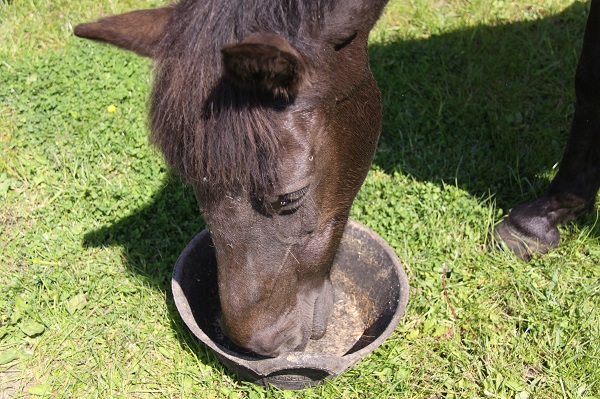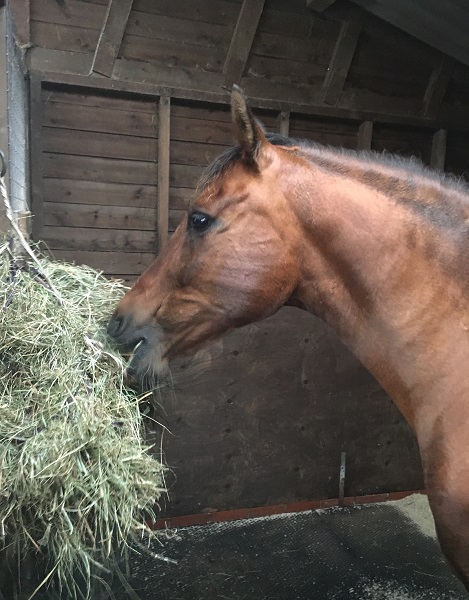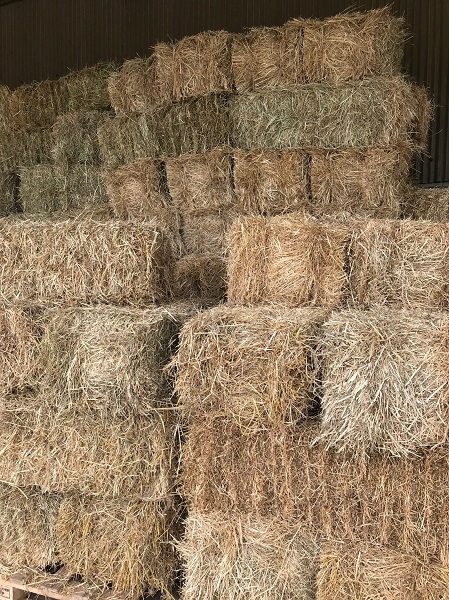Posted: 16th August 2019 | Back to news feed

As children we are all taught about the ‘golden rules of feeding’ but do you know why these age old guidelines that are drummed into us during Pony Club, are so important to digestive health?
Provide clean, fresh water - Water plays an essential role in digestion and is involved in most of the reactions that break down food; without adequate water, food breakdown and nutrient digestion can be compromised. It also aids the smooth passage of food and digesta through the gastrointestinal tract, such that horses with limited or restricted water intake for extended periods of time have an increased risk of developing colic.
Feed little and often – As the stomach is relatively small, horses can digest very little starch at any one time. Any excess starch that escapes digestion in the small intestine will overflow into the hindgut, particularly the caecum which can affect the microbial balance.

Feed according to work – Regardless of the workload of the horse, the diet must always start with fibre, even for competition horses that have a higher demand on their energy requirements.
Maintain a routine – Horses are creatures of habit and any change of routine can increase stress levels that can have a negative impact on the digestive system, causing it to become disrupted.
Feed sufficient fibre – Fibre should make up at least 60% of the horses total rations and if there is insufficient fibre reaching the hindgut, this delicate microbial ecosystem can easily become upset. Providing adlib hay also relieves boredom during the winter when horses are stabled for longer and satisfies their natural desire to chew. Fibre in the form of grass or hay is vital to a healthy, efficient digestive system.

Introduce new feed gradually – the digestive system needs time to adjust to a new feed, adding a little each day to the existing feed. This rule also applies to a new batch of hay and fresh grazing. Gradual feed changes lessen the risk of digestive upset or even colic.
Feed good quality forage - the quality of the forage you buy is vital to eliminate exposure to mycotoxins. Whilst we are all aware of the risks of feeding dusty hay on the respiratory system, certain mould growth in hay and haylage can also have a negative effect on the horse’s overall wellbeing. Mycotoxins are produced by certain moulds commonly found in forage and bedding.

Practice good hygiene - keep feed, water buckets and feed bins clean. As with feed and forage, mycotoxins can grow in contaminated, dirty bowls and feed bins that haven’t been emptied properly before being refilled.
New Forage Guard® from Alltech is a broad spectrum mycotoxin binder designed to help lessen the damaging effects of mycotoxins on performance and health.
It works to bind the mycotoxins in the gut, therefore preventing their absorption from the gut into the horse, without removing key nutrients from the diet, as can be the case with alternative clay binders.
A 5kg tub of Forage Guard® retails at £45 and contains a 100 day supply.
For further information please visit www.lifeforcehorse.co.uk or telephone 01780 764512.
The Equestrian Index newsfeed is compiled from articles submitted by advertising members and expresses the opinions of those members. Watsons Directories Ltd shall not be held liable for any inaccuracies or mis-statements therein.